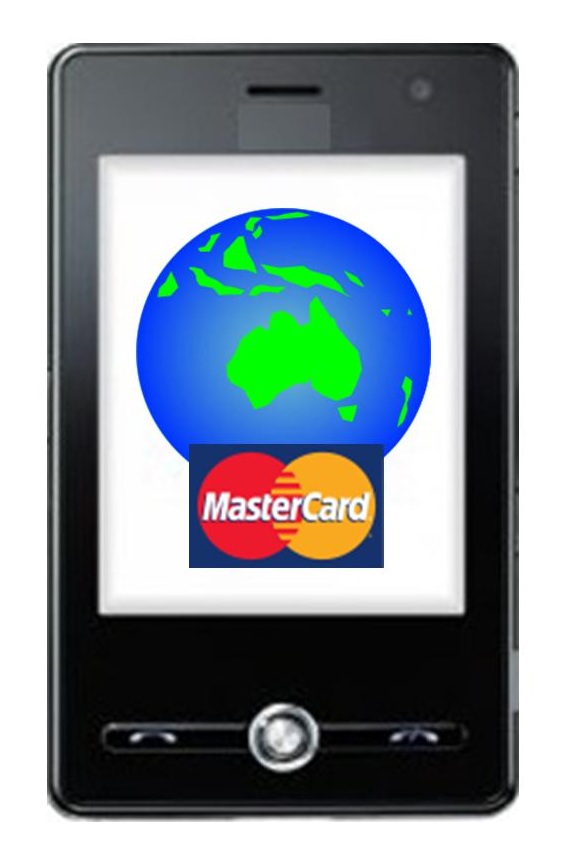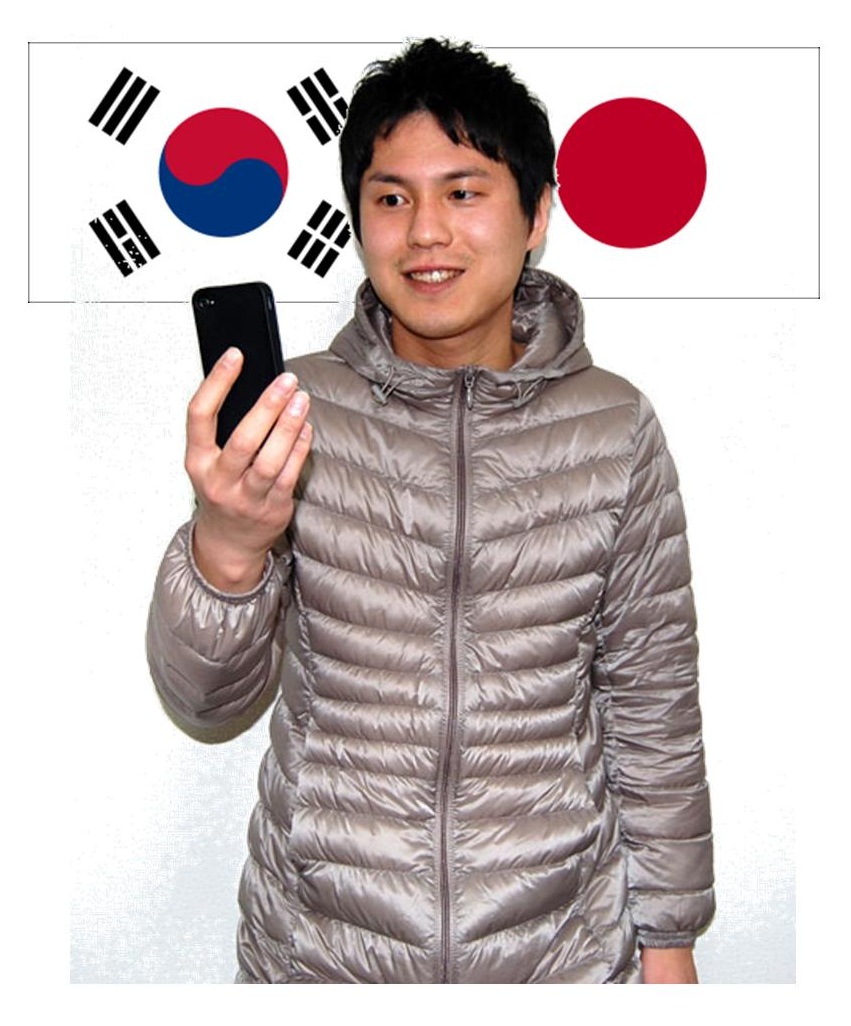 MasterCard reports that mobile payments are being well received in Asian markets
MasterCard reports that mobile payments are being well received in Asian markets
Mobile payments are becoming more popular in the Asian Pacific market, according to MasterCard. Access to smartphones and tablets is growing throughout these markets, making it possible for more consumers to conduct mobile payments than ever before. Many consumers in these markets consider mobile commerce a more convenient way to purchase products, which has lead to a growing demand for mobile payment services and platforms that accommodate mobile shopping.
Consumers favor mobile commerce for online shopping
According to MasterCard, 40% of online shoppers in Hong Kong, South Korea, and Singapore made purchases using their mobile devices in the past three months. Approximately 54% of Indonesian consumers made mobile payments over the same period, with China and Thailand accounting for 53% and 51% respectively. Mobile payments are becoming increasingly common throughout the Asian Pacific due to the proliferation of mobile technology.
Asian consumers are no stranger to NFC technology
MasterCard notes that NFC technology and its use in mobile commerce is relatively common throughout the region. According to the company, 70% of consumers throughout the Asian Pacific are aware of NFC technology and the role it plays in mobile payments. These consumers noted that they would be willing to adopt NFC-enabled mobile devices to participate in mobile commerce within the next 12 months. Digital wallets, which typically do not use NFC technology, are also quite popular with consumers, though the majority of consumers in the Asian Pacific noted that they were more interested in SMS-based mobile payments.
Mobile commerce continues to grow globally
Mobile payments are expected to continue growing in popularity throughout the Asian Pacific. Other markets around the world are experiencing similar results in their mobile commerce sectors as smartphones and tablets become more accessible for consumers. MasterCard is currently involved in mobile commerce initiatives in several countries and through these initiatives is attempting to establish a firm grasp on the mobile payments sector.

 Reliance Games to focus on mobile games in Asian market
Reliance Games to focus on mobile games in Asian market